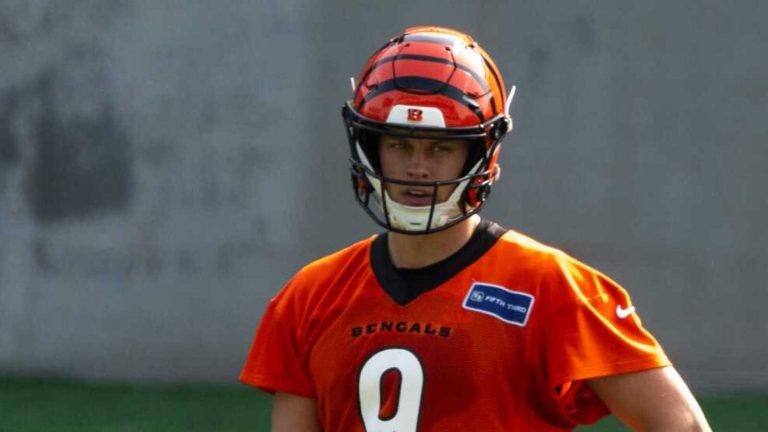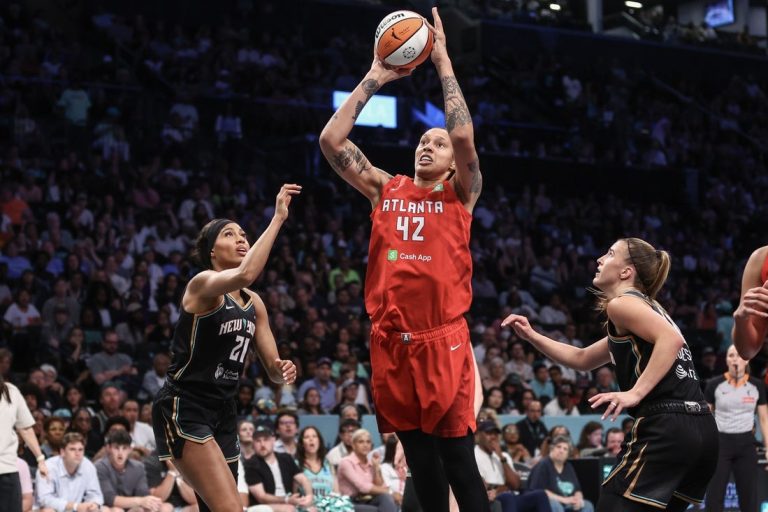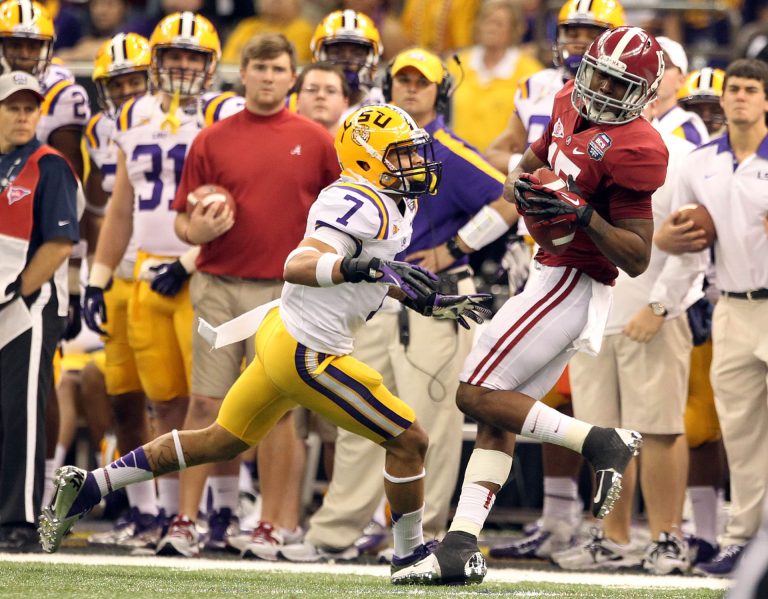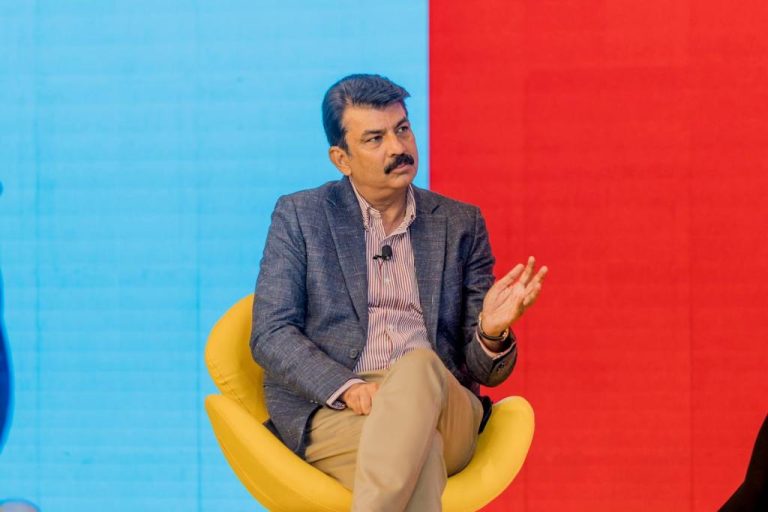As is often the case, the NRL has solved a problem that wasn’t there by cracking down on coaches making comments about referees.
Let them have a sook. Most of the time they look like sore losers when they have their little rants in the post-match media conferences.
And a lot of the time the coaches shoot their mouths off before they have had a chance to cool down after a match and consider their words more carefully.
NRL CEO Andrew Abdo has reportedly emailed all clubs to say they will “more strictly enforce the public comment rules in relation to match officials”.
“This includes, but is not limited to, post-match media conferences, radio and television interviews, and club or personal social media posts,” he wrote in an email to clubs which, in another grand rugby league tradition, was leaked to the media via the Daily Telegraph.
It is worth noting that no coach crossed the NRL’s proverbial line enough last year to warrant a fine for unfair public comment about match officials.
The NRL is worried about coaches fanning the flames of anger among fans towards referees when they make a dud call.
Have they ever dipped their toe into the sewer of social media. Footy fans tend to vent their spleen at any decision they think is incorrect in the moment.
Coaches will often confirm their pre-existing biases with their similar viewpoints but by gagging them, the NRL won’t stop the torrent of abuse towards officials when they drop a clanger.
All the NRL suits are doing by enforcing this edict is showing that they are sensitive to criticism, rather than accountable for mistakes.
This has been exacerbated by the decision to end NRL head of football Graham Annesley’s Monday media briefings.
These lengthy spiels about the controversy du jour from the previous round were often tedious, sometimes highly entertaining and for any journalist able to navigate their way through the spin, statistics and subterfuge, they would often be worth a story.
This may be very much a minority opinion but these briefings were actually worthwhile.
Annesley’s explanations may not have always been plausible and he often had no option but to throw his hands up and admit the refs stuffed up, but at least it was a way for the NRL to give feedback to the media, teams and supporters about why they had made a contentious call.
Now they will “respond to any material issues as needed”. In other words, unless there’s a massive blow-up about an on-field ruling which lights up (depending on your age) the talkback radio switchboard or the raging fire within social media keyboard warriors, the NRL will not feel the need to shed any light on the what and why of controversial moments.

(Photo by Jason McCawley/Getty Images)
With coaches having to button their lip at the media conferences, as well as radio and television interviews, and the club’s social media posts, the NRL match officials are dreaming if they think that’s going to stop their gripes finding their way into the public domain.
After Origin I this year, if the losing team is unhappy with the refereeing (pretty likely) then there will be a dossier of freeze-frames and video clips that will find their way into the media (Brisbane if the Maroons lose, Sydney if the Blues go down) about the times the referee made a blunder.
Just like in the days of Al Capone, prohibition doesn’t work – silencing the coaches’ microphones does not mean they won’t voice their concerns via other means.
Some fans are never happy with the refereeing but the overwhelming consensus appears to be that the standards have been high in recent years.
The switch back to one referee has not had a major impact on the flow of the game.
It’s highly doubtful that this was part of the planning process, if there was one, when the six-again rule was hastily introduced three rounds into the pandemic-interrupted 2020 season, but the unintended consequence of the set restarts is that because the game moves faster, there is less time to analyse decisions on the run.
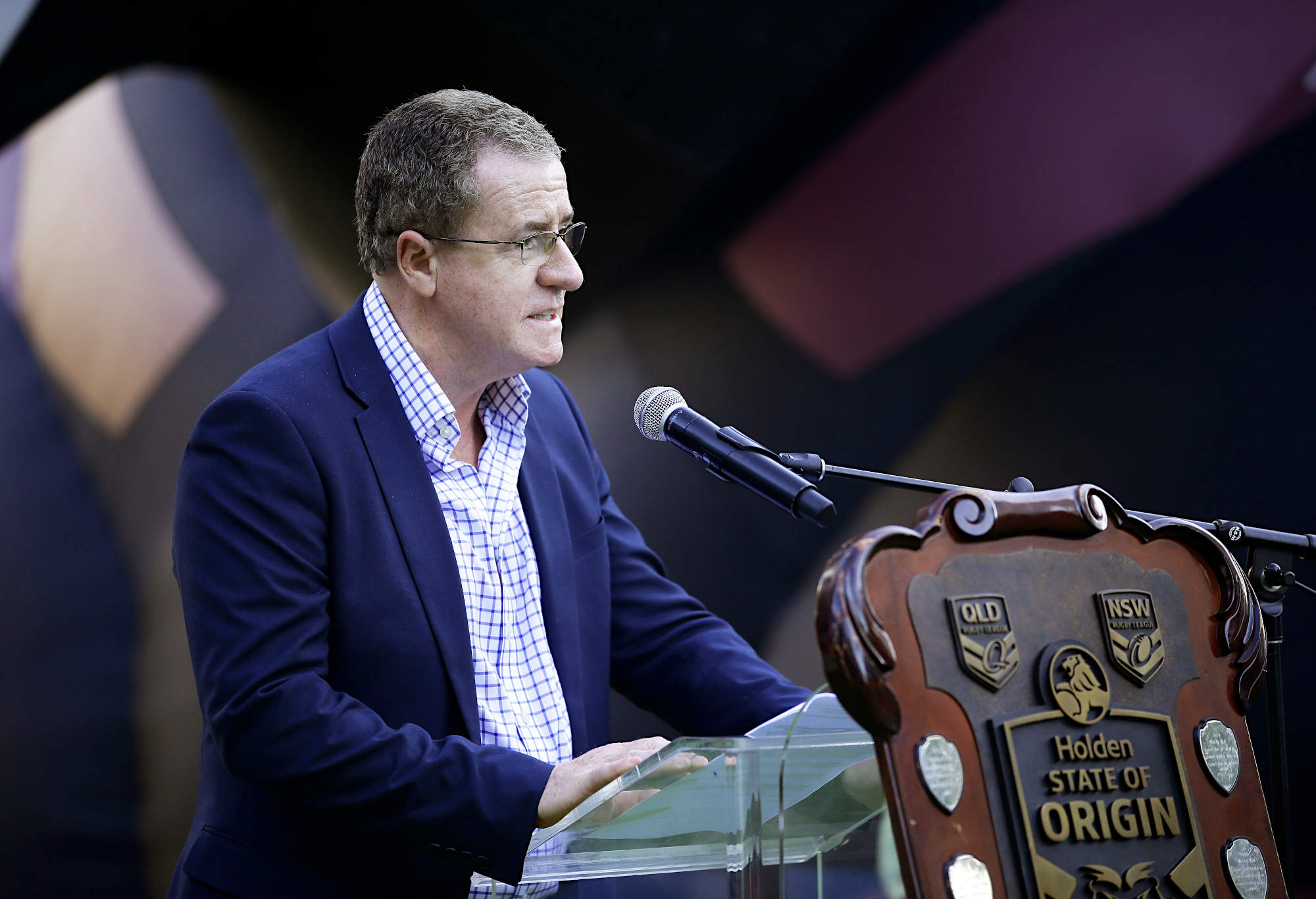
Graham Annesley. (Photo by Matt King/Getty Images)
The players on the field, the coaches seething away in their cubby holes, fans watching the game live and on their devices, and the commentators themselves often don’t get a chance to nit-pick a refereeing decision like they did when penalties were instead blown and replays could be broken down in minute detail.
And coaches seem pretty happy with the officiating standards – In NewsCorp’s pre-season poll, 48% of them rated the referees as good with only 11% saying they were below standard.
But now, in the post-match media conferences with the ever-dwindling numbers of reporters bothering to attend in the age of cost-cutting throughout the industry, the coaches now have a free pass to not say anything about the topic of refereeing.
You will hear “I’d love to tell you what I really think but I don’t want to cop a fine” more often than you will hear anything interesting.

